Local News
Minnesota increases oversight of autism and some housing services providers
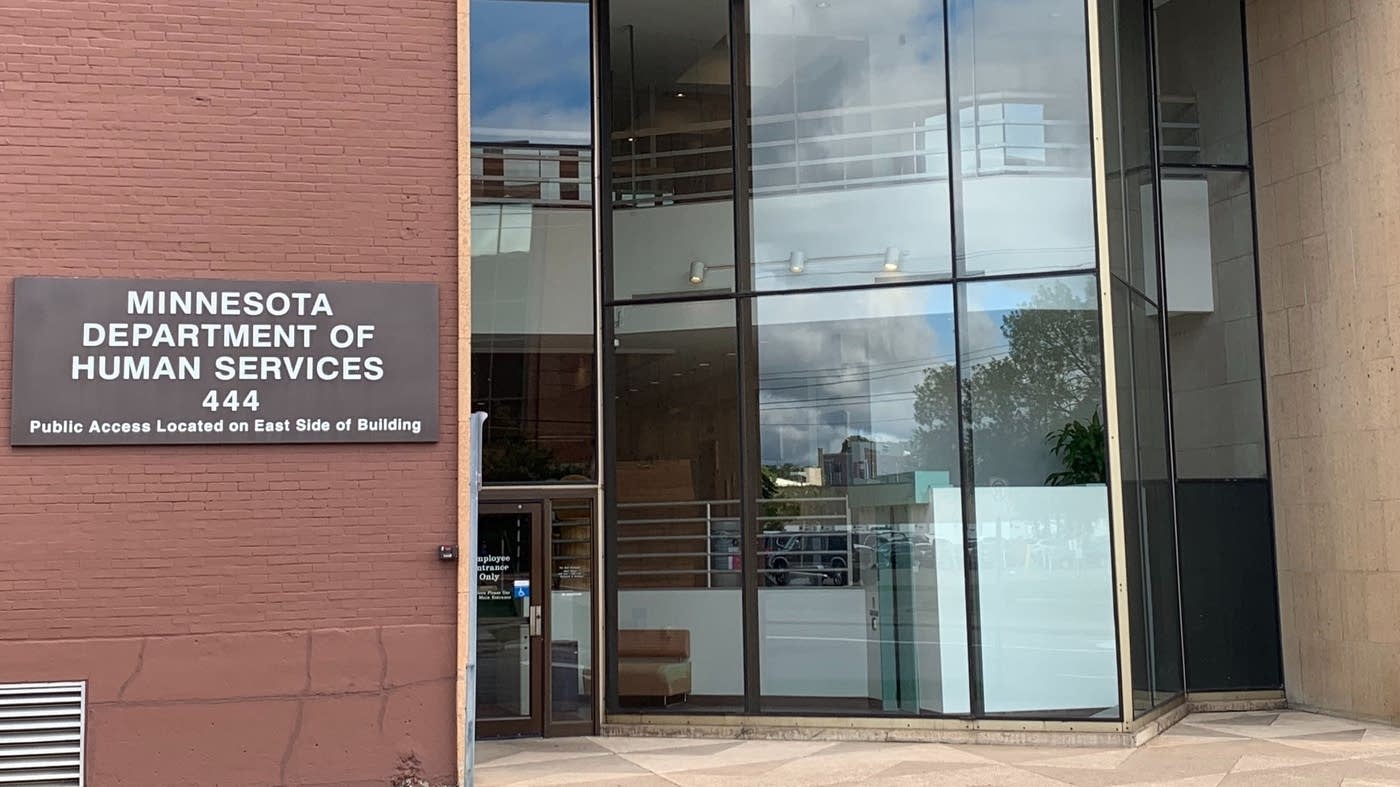
Minnesota is taking steps to supervise autism services providers and some housing services providers more closely.
Starting June 1, the Minnesota Department of Human Services will tighten screening requirements for providers who bill Medicaid for autism services and some housing services. This includes Housing Stabilization Services, which helps older adults and people with disabilities with housing, as well as Early Intensive Developmental and Behavioral Intervention autism services. The state will re-categorize both types of services as “high risk.”
“It’s clear that these critical services need more oversight,” said temporary Human Services Commissioner Shireen Gandhi. “Moving these providers into the high-risk category is only the first step. We need more staff to put eyes on these programs and make sure everyone is safeguarding resources meant to help children, people with disabilities and older Minnesotans.”
The federal government sets three levels of screening for providers who bill Medicaid: limited, moderate and high risk. Autism services are currently designated moderate risk, while Housing Stabilization Services are considered limited risk. States may choose to move providers into higher risk categories, and that’s what Minnesota will do.
The change will strengthen oversight by:
- – Mandating enhanced fingerprint background studies for owners
- – Requiring screening visits before Medicaid enrollment and when enrollment is revalidated
- – Allowing DHS to make unannounced site visits
- Governor Tim Walz’s budget includes a strong slate of strategies to better detect, investigate and penalize fraud. The proposals include adding DHS staff to administer increased screening and enhanced oversight activities, as well as using new technology to detect fraud, strengthening investigation authority and tightening regulatory oversight.
Gandhi made the decision in late March, following internal discussions with DHS staff, to move autism and housing services to high-risk. Providers were given a 30-day notice this week. New providers will need to comply with the requirements beginning June 1. Existing providers will be phased into the new requirements when they renew their Medicaid enrollment.
Many autism services providers and Housing Stabilization Services providers work hard every day to meet pressing needs across Minnesota. DHS encourages providers to reach out if they need technical assistance.
Anyone who suspects fraud or abuse of Medicaid funds is encouraged to report it by calling the DHS program integrity oversight hotline at 651-431-2650 or by visiting mn.gov/dhs/reportfraud. Medicaid is known as Medical Assistance in Minnesota.
– 30 –
Local News
Attorney General Ellison sends open letter on start of legislative session

February 17, 2026 (SAINT PAUL) — Today, Minnesota Attorney General Keith Ellison released an open letter on the start of the 2026 legislative session:
To the members of the Minnesota Legislature and the people of Minnesota,
Today, as we open a new legislative session, our hearts are heavy with grief. We come together not only to govern, but to remember and honor the extraordinary life and service of our friend and colleague, Speaker Emeritus Melissa Hortman. The tragic and senseless violence that took her life, along with her husband’s and their family dog’s, has left a wound in the conscience of our state. We mourn her deeply even as we celebrate the legacy she built through a lifetime of service to the people of Minnesota.
I first met Melissa when she was a young legal aid lawyer, long before either of us held elected office. At the time, I was serving as Executive Director of the Legal Rights Center in Minneapolis, and we both worked on behalf of a woman named Stormy Harmon, a Black mother of three whose landlord refused to repair a dangerously failing furnace in her Minneapolis duplex. Forced from her home, Ms. Harmon and her children faced not only homelessness, but racist harassment and threats from the landlord who should have provided them safe housing.
Melissa took that case with the tenacity and heart that defined her entire career. As a housing attorney with Legal Aid, she sued on Ms. Harmon’s behalf and proved that the landlord had engaged in race-based discrimination in violation of Minnesota law. She won what was, at the time, the largest jury award for race-based housing discrimination in Minnesota history: roughly $490,000 in damages for Ms. Harmon and her children. This stunning victory that helped change the trajectory of that family’s life. Before either one of us held public office, Melissa Hortman was already fighting and winning for people who needed a champion. That is who she was at her core.
As a legislator and as Speaker, Melissa brought the same courage, intellect, and compassion to her public service that she brought to her clients. She fought for working people, for clean air and water, for public education, and for fairness and equality in every corner of Minnesota. She listened deeply, led boldly, and never lost sight of the humanity in every issue that came before this body.
In this moment of loss, we can honor Melissa best by continuing her work of building a government that serves the common good. Her early fight for Stormy Harmon’s family reminds us that justice is not abstract; it is about whether a mother and her children can sleep safely in their home, whether the law protects them equally, and whether someone will stand up when their rights are denied. Melissa taught us that empathy is a strength, that courage is contagious, and that justice is a daily act of faith.
On behalf of the Office of the Attorney General, I offer my deepest condolences to her children, her family, her friends, and to all those whose lives she touched. Let her memory be both a comfort and a challenge for all of us to live and lead with the same heart, integrity, and resolve she brought to everything she did, and may her example continue to guide Minnesota forward.
Keith Ellison
Minnesota Attorney General
# # #
Local News
From First to Forefront: Omar Fateh’s DFL Endorsement for Minneapolis Mayor Marks a 25-Year Somali American Political Journey
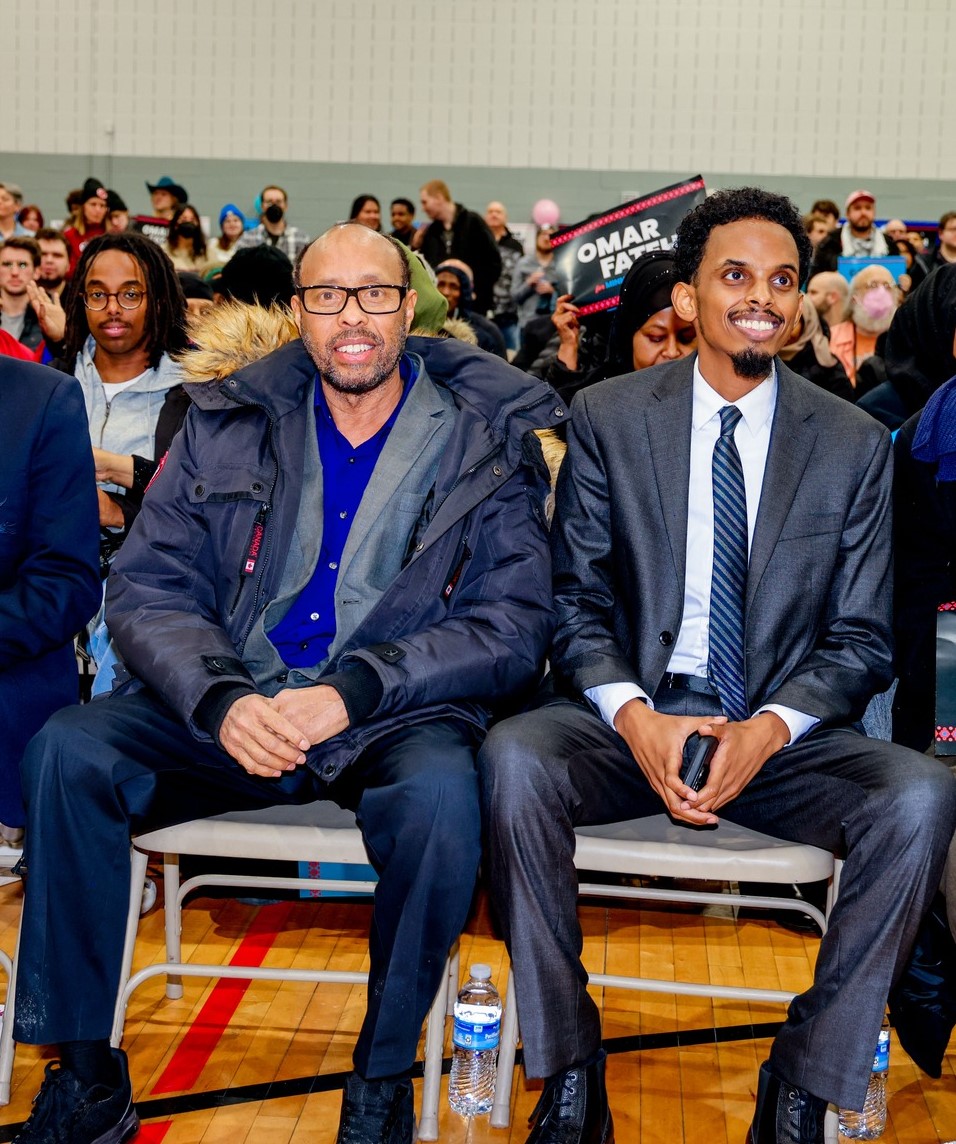
Minneapolis, MN — July 20, 2025
In a moment both historic and symbolic, State Senator Omar Fateh has secured the Democratic-Farmer-Labor (DFL) Party endorsement for mayor of Minneapolis, becoming the first Somali American to do so. His victory is more than a political milestone; it is a generational culmination of a vision first championed 25 years ago by Mohamud Wardhere — the trailblazer who paved the way.
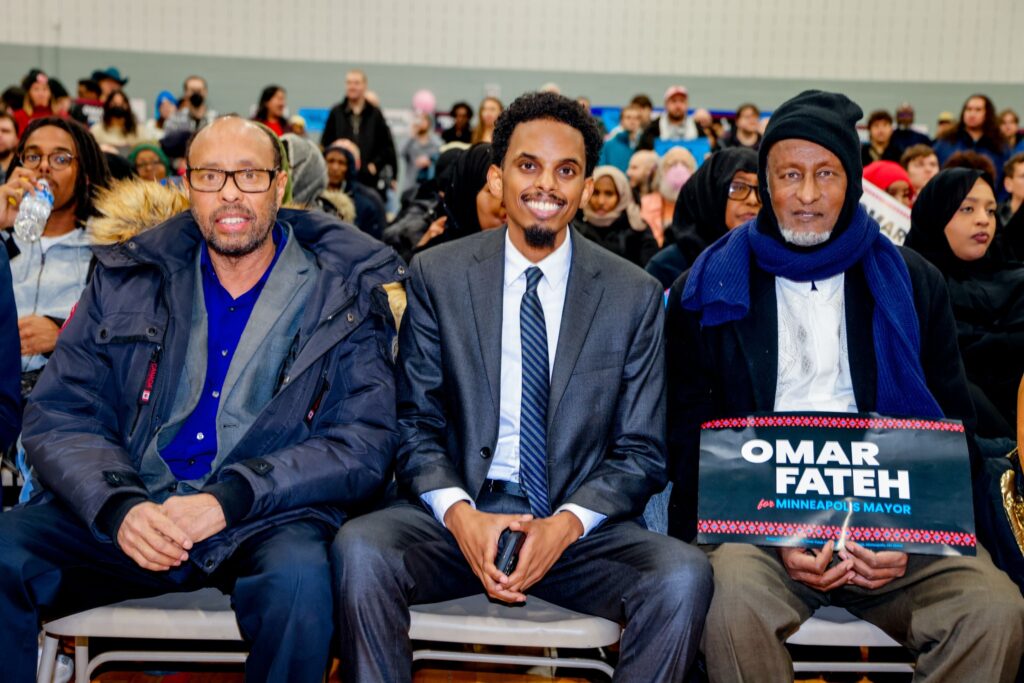
Fateh’s endorsement not only reshapes the political landscape of Minneapolis but also casts a bright spotlight on the long journey of Somali American civic participation in Minnesota. For many in the community, it is impossible to talk about this triumph without honoring the bold, historic run of Mohamud Wardhere in 2001, the first Somali American ever to run for elected office in Minnesota.
“Mohamud Wardhere ran when there was no playbook, no political infrastructure, and no established support system,” said Hashi Shafi, a local organizer and community leader. “He took that first step so others could run faster and farther.”
In 2001, just years after a wave of Somali immigrants began settling in Minnesota, Wardhere dared to dream what many considered unthinkable: running for mayor of Minneapolis. At a time when the Somali American community was still finding its footing in a new country, Wardhere’s candidacy sent a powerful message, that civic engagement was not just a right, but a responsibility.
“He made us believe that we belonged in the conversation,” said Senator Fateh in a statement following his endorsement. “His courage and vision inspired generations of Somali Americans to see themselves not just as voters, but as leaders.”
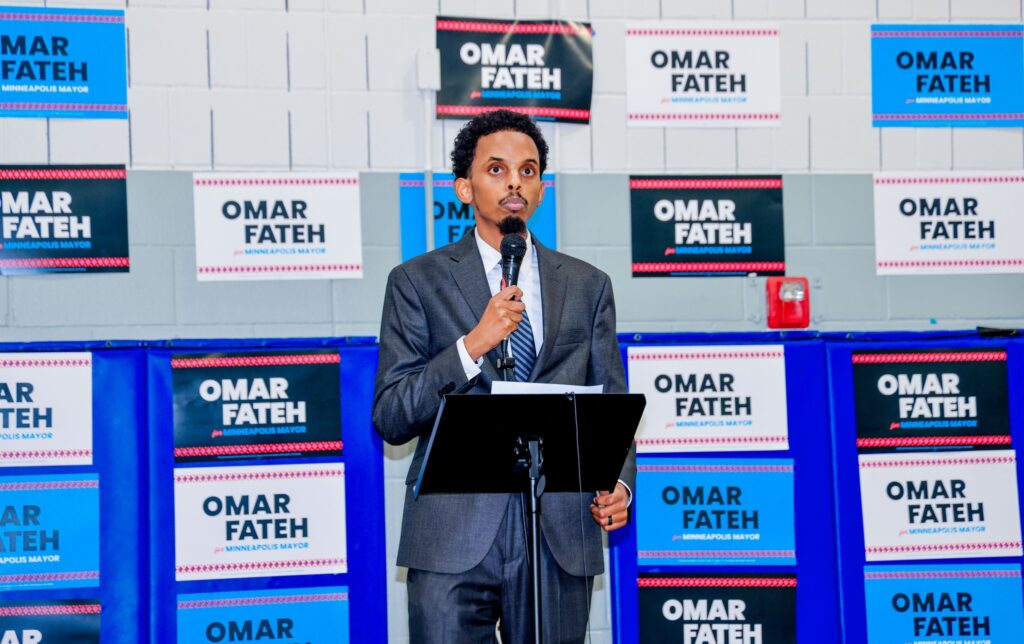
Wardhere’s campaign lacked the institutional backing that today’s candidates often rely on — there were no large donor networks, political consultants, or broad coalitions behind him. But what he did have was conviction: a belief that democracy thrives when all voices are heard, including those of new Americans.
Today, with the DFL’s endorsement in hand, Omar Fateh stands on that very foundation. Since being elected to the Minnesota Senate in 2020, Fateh has championed progressive policies on housing, education, and equity. His candidacy for mayor brings with it a new generation of leadership informed by grassroots activism and a deep connection to Minneapolis’s most diverse communities.
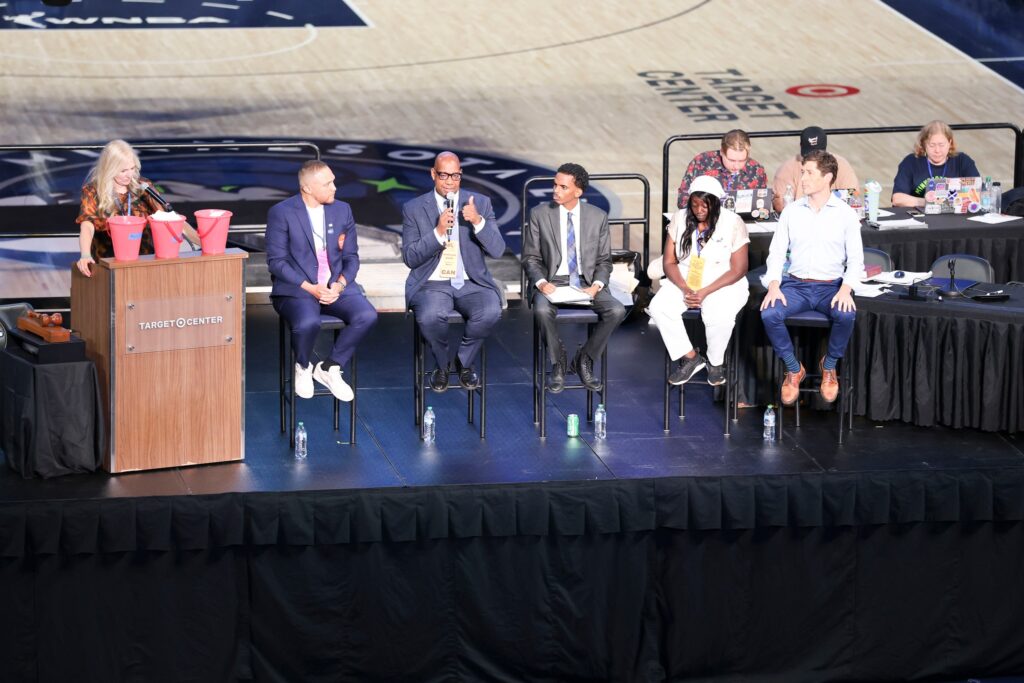
By Abdirahman Mukhtar, Tusmo Times Editor in chief
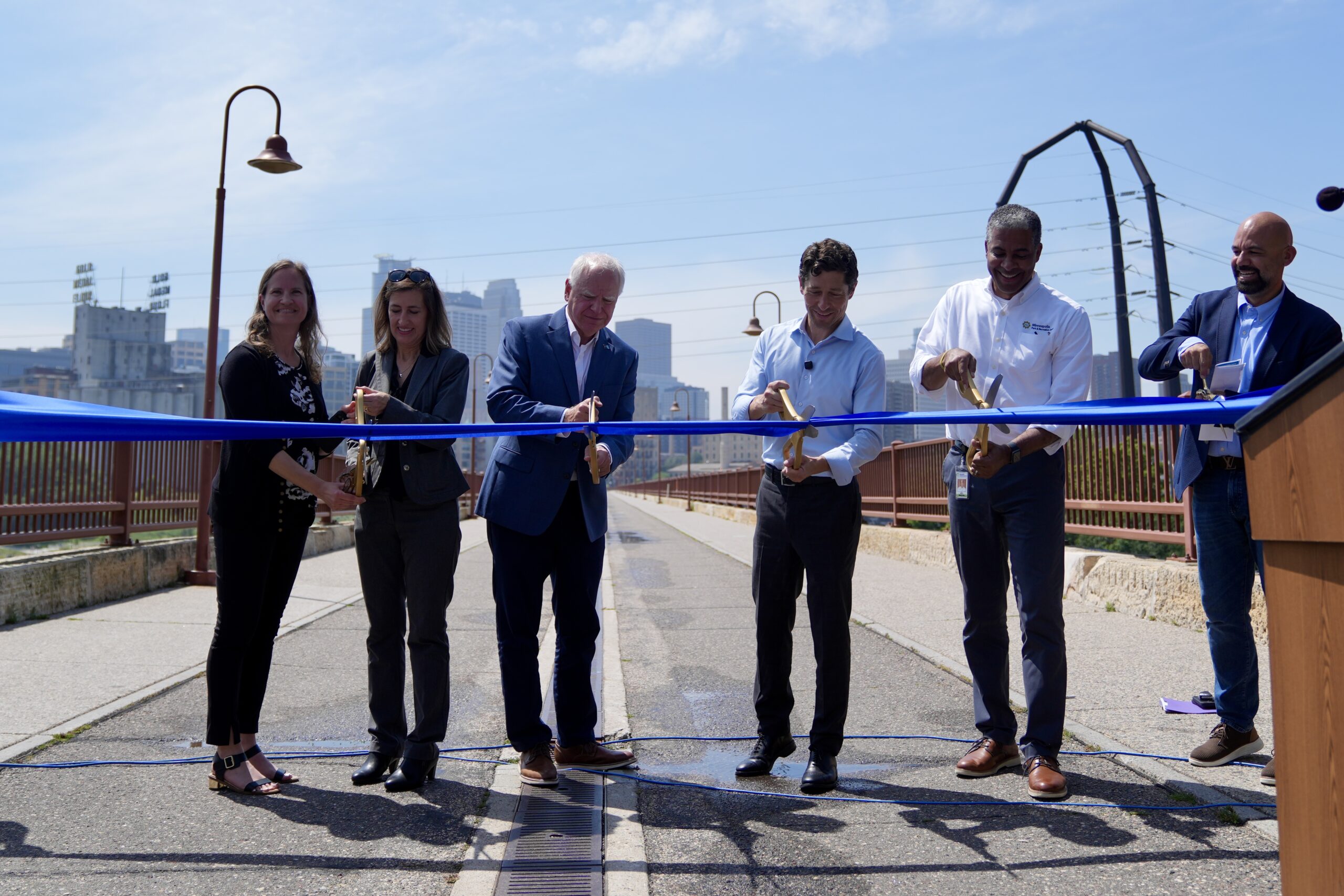
Governor Walz Announces Reopening of Stone Arch Bridge
[ST. PAUL, MN] – Governor Tim Walz and Minnesota Department of Transportation (MnDOT) Commissioner Nancy Daubenberger today announced the reopening of the Stone Arch Bridge to pedestrians and bicyclists, nearly three months ahead of schedule. The bridge was partially closed in 2024 for preservation and rehabilitation work.
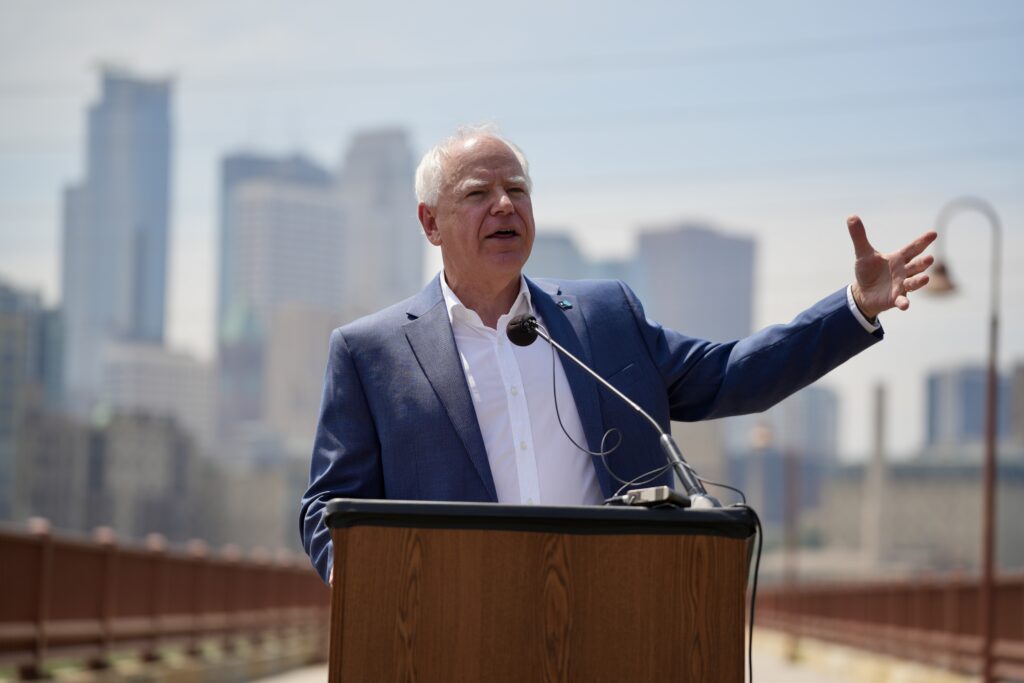
“Today we celebrate the hard work and collaboration of so many who finished this project months ahead of schedule,” said Governor Walz. “The Stone Arch Bridge isn’t just one of the most visited park destinations in Minnesota – it connects people, businesses, and neighborhoods. I personally can’t wait for my first run across it. Welcome back to the Stone Arch!”
“We want to sincerely thank the community for its support and patience as we worked to restore this important recreational site and connection between downtown Minneapolis and the Northeast Minneapolis communities,” said MnDOT Commissioner Nancy Daubenberger. “When we began this project in spring 2024, we anticipated it would take two years to complete due to the bridge’s condition. Reopening this historic Mississippi River crossing months ahead of schedule is a major accomplishment—with real impacts for those who walk or bike to work, local businesses that depend on foot traffic, and everyone who enjoys our riverfront spaces. This restoration extends the life of the bridge for decades, preserving its beauty, craftsmanship, and purpose for future generations.”
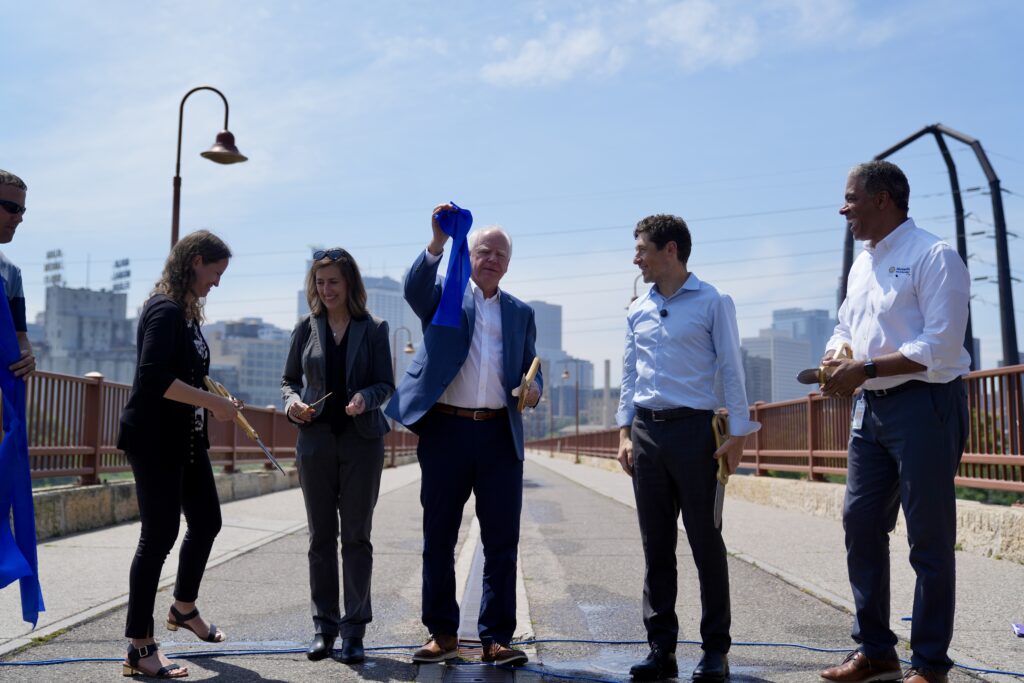
The Stone Arch Bridge, spanning the Mississippi River on the edge of downtown Minneapolis, has been partially closed since April 2024 to allow construction crews to repair and replace stone and mortar, and make other repairs as needed. Stone repair and mortar replacement will slow deterioration and improve the condition of the bridge.
The public is invited to attend a free, family-friendly event on Saturday, August 9, to celebrate the reconnection of communities on both sides of the bridge. This event hosted by MnDOT and community partners will include food trucks, live entertainment, interactive activities for all ages, and a demonstration of construction materials and historic facts.
Find more information on the Stone Arch Bridge project webpage: mndot.gov/metro/projects/stonearchbridge.
-

 Local News7 months ago
Local News7 months agoFrom First to Forefront: Omar Fateh’s DFL Endorsement for Minneapolis Mayor Marks a 25-Year Somali American Political Journey
-

 Community7 months ago
Community7 months agoKhadka Caawinta Qaxootiga iyo Soo Galootiga: Wac maanta si aad u hesho macluumaad iyo ilo xogo
-

 Local News11 months ago
Local News11 months agoCouncilmember Osman’s Statement on Violence Interrupter Services in Cedar Riverside and Elliot Park
-

 Local News9 months ago
Local News9 months agoLake Street Lift Launches “Lake of 10,000 Lands” Campaign
-
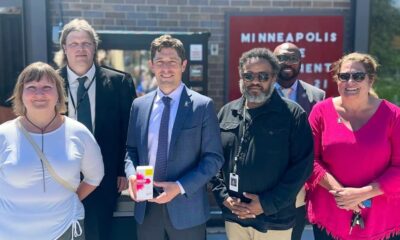
 Health9 months ago
Health9 months agoCity of Minneapolis Launches First NARCAN Vending Machine on the Northside
-

 Local News9 months ago
Local News9 months agoMinneapolis Vows to Advance Police Reforms Despite DOJ Move to Dismiss Consent Decree
-

 Local News9 months ago
Local News9 months agoMore than 6,000 drivers cited for prioritizing phones over safety during distracted driving enforcement campaign
-

 Community11 months ago
Community11 months agoTibyan Center Hosts Successful Iftar Dinner at New Facility in Saint Anthony








